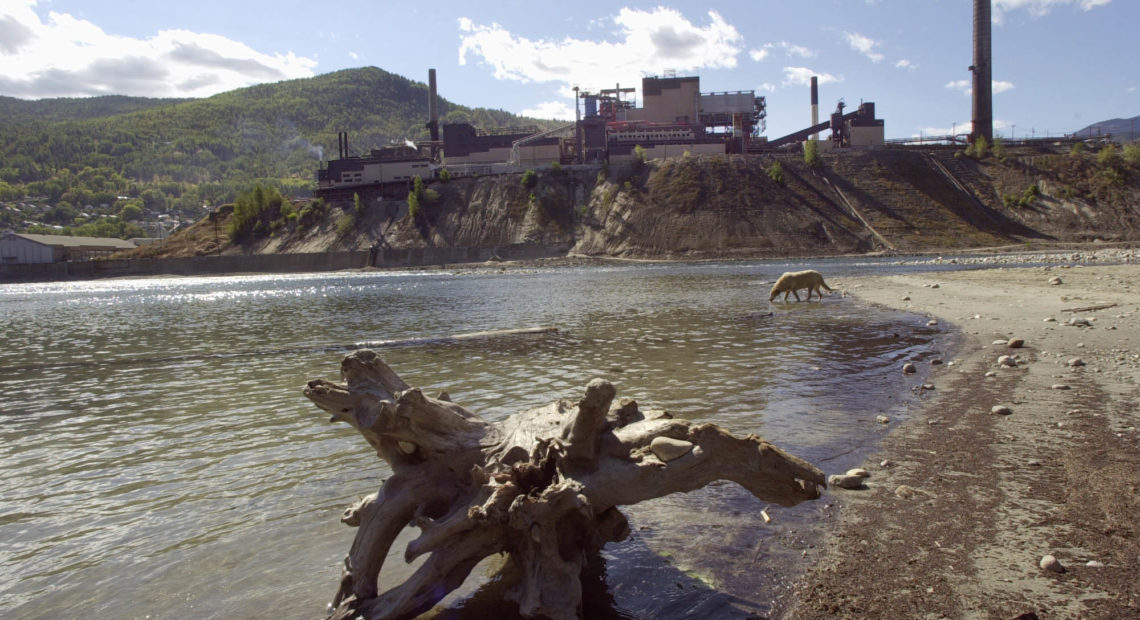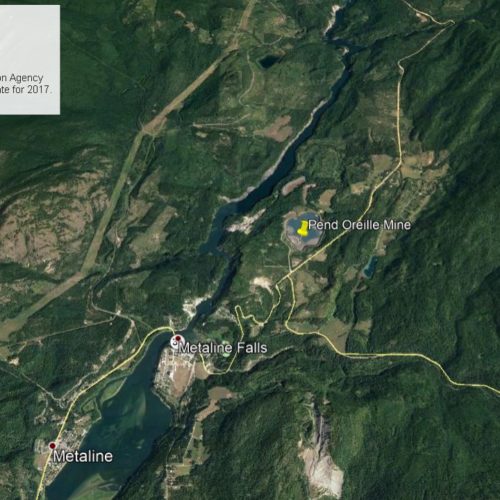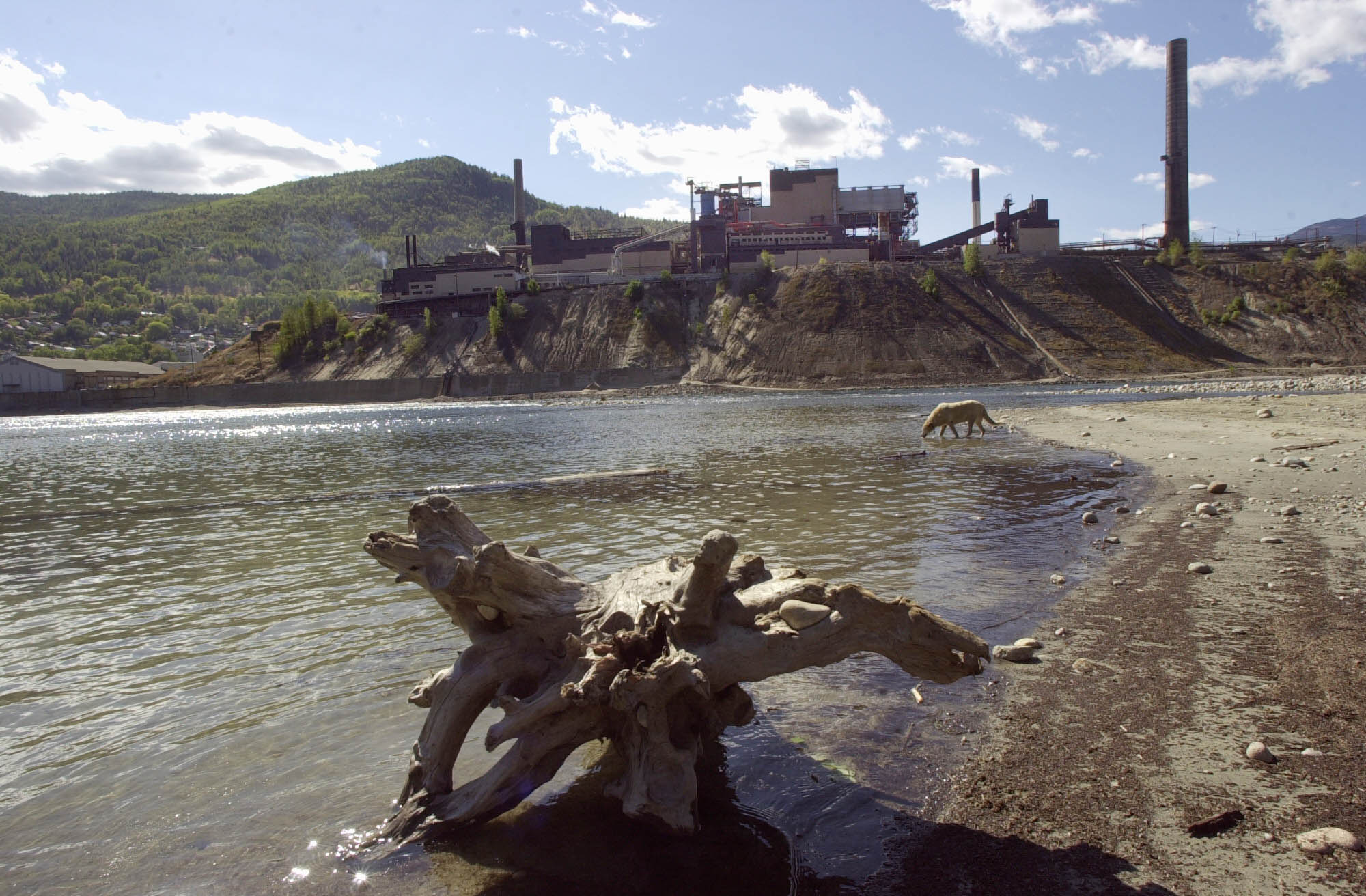
U.S. Appeals Court Rules On Long-Running Columbia River Pollution Case From Canadian Smelter
Listen
A federal appeals court has upheld a lower court ruling in a case that revolves around metals pollution in the Columbia River south of the Canadian border.
The case was originally brought in 2004 by Colville Tribal leaders Joe Pakootas and D.R. Michel against the Canadian company Teck Cominco.
Teck owns and operates a big lead and zinc smelter in Trail, British Columbia. For more than 60 years, the smelter discharged huge amounts of byproducts from the smelting of heavy metals into the Columbia River. Much of that pollution was carried into the U.S. and downstream on the river toward communities and tribal lands of the Colville and Spokane.
The Environmental Protection Agency sought to work with Teck to discover the extent of the pollution and the damage caused. Teck resisted, questioning the agency’s authority over it as a Canadian company. The two tribal leaders sued to get EPA to move ahead. The Colville Tribes later joined as plaintiffs, as did the state of Washington.
The federal district court in Spokane had determined that Teck is a party that’s responsible for the pollution. It also ruled the company owes the tribe more than $8 million for costs it incurred in investigating the pollution and for the tribe’s attorneys’ fees. Teck appealed those findings to the federal appeals court in Spokane. Friday’s decision upholds the earlier ruling.
Related Stories:

Washington’s Biggest Toxic Waste Polluter: A Mine (With Hanford Not Far Behind)
Since the late 1980s, the U.S. Environmental Protection Agency has been keeping track of big polluters through their Toxic Waste Inventory or TRI. The EPA has released their latest data for 2017. We crunched some numbers for Washington, and here are the results.
















